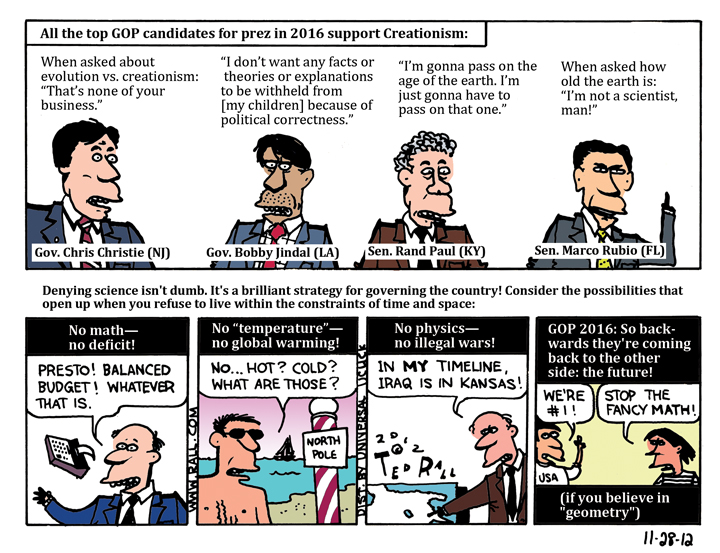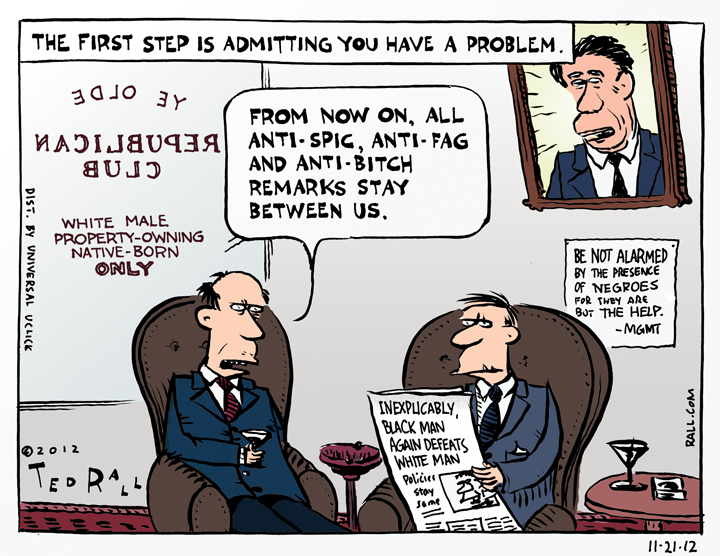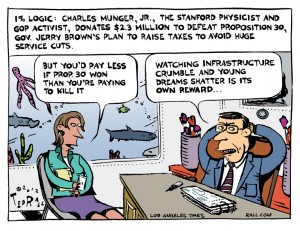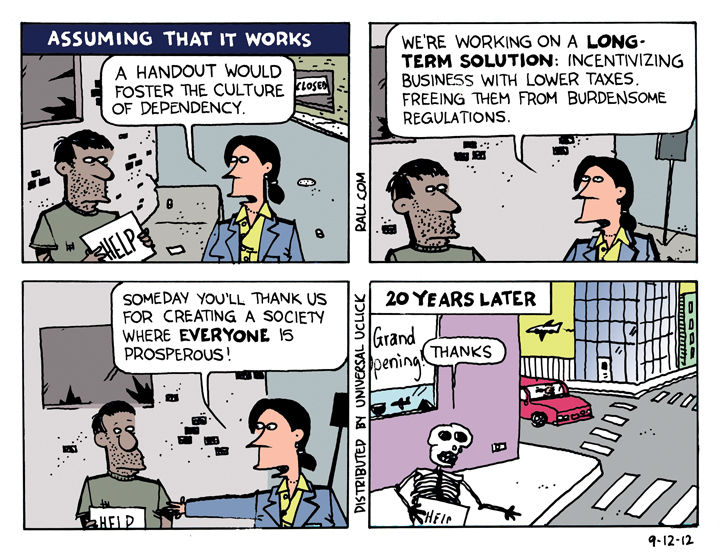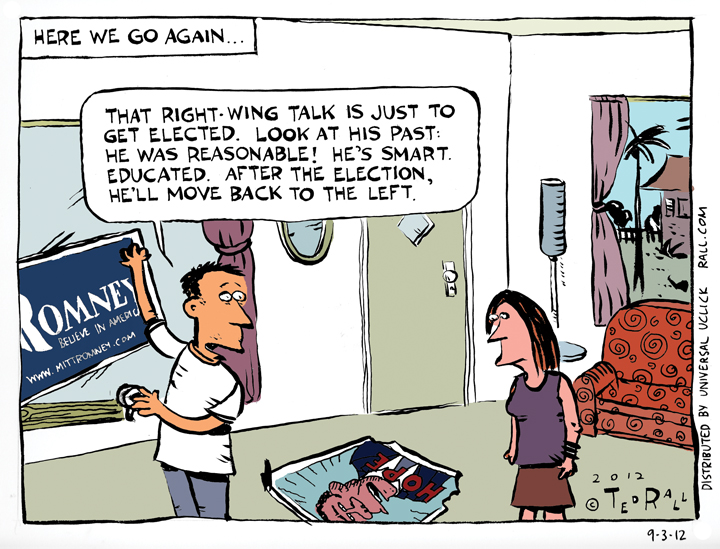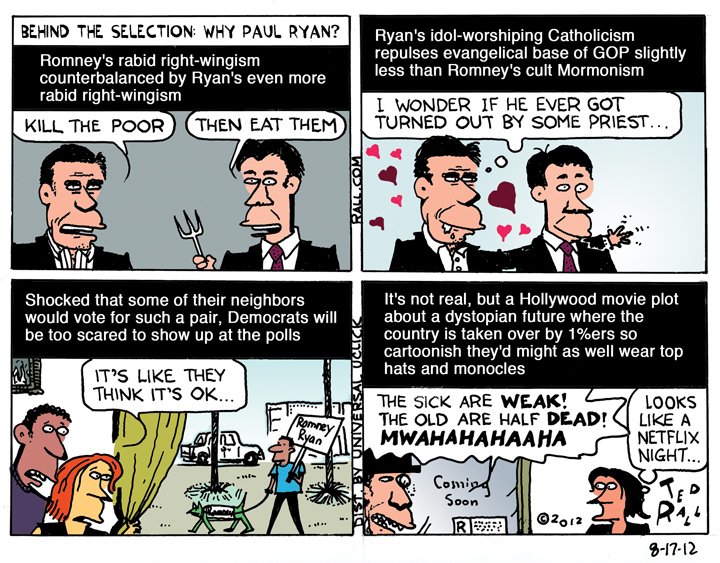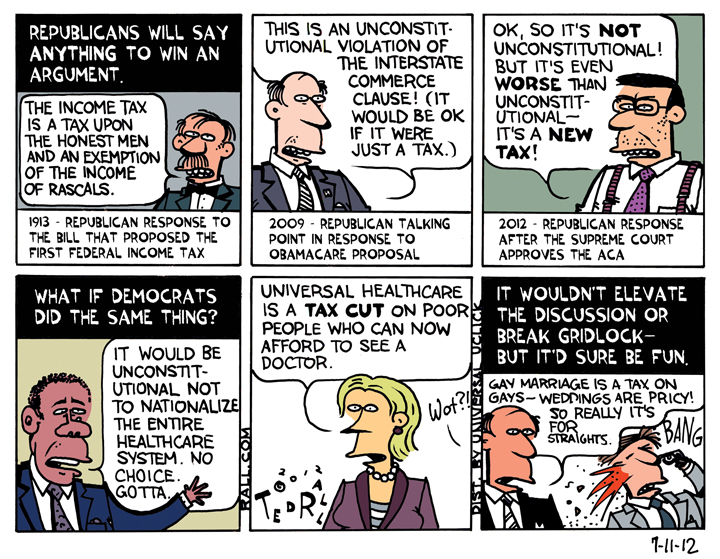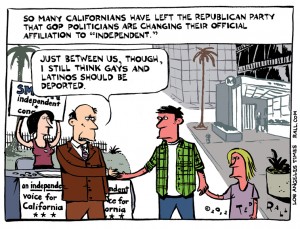A Congress of 21st Century Cynics Dodges 19th Century Rules
People are calling the recently adjourned 112th Congress “the most dysfunctional ever” and the least productive since the infamous “do-nothing Congress” of the 1940s. There’s lots of blame to go around, but one cause for congressional gridlock has gone unnoticed and unremarked upon: we no longer have a sense of honor.
Back in the late 18th and 19th centuries, when our bicameral legislature and its rules were conceived of by a bunch of land-owning white males, a gentleman’s word was his most precious asset. Integrity and the lack thereof were literally a matter of life and death; consider the matter of Alexander Hamilton and Aaron Burr. As Thomas Jefferson and his de facto wife Sally Hemings could attest, civility was far from guaranteed under this old system. It certainly could have worked better for Charles Sumner, the abolitionist Massachusetts senator who was nearly beaten to death by a proslavery colleague on the floor of the Senate in 1856. (He was avenging what he considered libelous rhetoric against his family.)
Though less-than-perfect, there was a lot to be said for a culture in which a person’s word was his bond, legalistic quibbling was scorned, and a legislator was expected to stake out and defend a principled position, even in the face of political and personal adversity.
It’s hard to imagine the “fiscal cliff” showdown unfolding in the 1800s or even the first half of the 1900s for two simple reasons. First, the general fiscal health of the country would have come ahead of partisanship. Second, and more importantly, members of the two political parties would have stuck to the deal that they struck a decade earlier. When George W. Bush and his Republicans pushed for a set of income tax cuts that primarily benefited the wealthiest Americans in 2001, they argued the standard GOP trickle-down economics talking point that the tax cuts would pay for themselves by stimulating the economy so much that revenues into government coffers would more than make up for the cost. In order to get enough Democratic support for passage, the Republicans agreed to a five-year time period, after which taxes would revert to their Bill Clinton-era levels.
By 2006 there was still no evidence to show that the tax cuts had stimulated the economy. In fact, by many measures, things were worse. The housing bubble was beginning to burst; unemployment and underemployment had increased. If this had been the 19th century, Republican legislators would have acknowledged that their experiment had failed and that would have been that. A gentleman didn’t run away from the facts or his mistakes.
Voters seemed to agree. Unhappy with the invasion of Iraq as well as the state of the economy, Americans returned Democrats to control of Congress in 2006. Republicans had a pretty good idea—the polls were damning—that their unpopular policies were driving them toward a decisive defeat in the midterm elections. For men and women of honor, this would have been a time to reassess and back off.
Nevertheless the GOP jammed through an extension of the 2001 Bush tax cuts for the wealthy months before the midterm election. No honor there.
Here we are nearly 12 years later, and the verdict is in: the Bush tax cuts failed miserably. No doubt about it, it’s absolutely ridiculous that President Obama and the Democrats agreed to extend them for all but the richest one-half of one percent of American income earners. But the debate should never have gotten this far in the first place. Had the Republicans who proposed it in the first place possessed an iota of good old-fashioned 19th-century honor and integrity, this misbegotten legislative abortion would have died in 2006.
Robert’s Rules of Order and other quaint traditions of parliamentary procedure don’t translate to a quibbling little time like ours, when White House lawyers torture widely understood words like “torture” and “soldier” or claim that a US military base in Cuba is in no man’s land, neither in Cuba nor under US control, and that members of both major political parties say anything in order to get their way. Consider, for example, the current push to reform the filibuster, in order to clear the logjam on judicial nominations and other business that used to be considered routine.
The Senate, the only house of Congress that permits a filibuster, draws upon a tradition of principled minority protest that goes back to Cato in ancient Rome. Until the 1970s, filibusters were a rarity, averaging one a year. Senators viewed them as a bit of a nuclear option and only considered deploying a one-man block on debate of a bill a few times during a long political career, to take a stand on an issue where he felt it mattered most. Now the filibuster is not only a daily routine but gets deployed in an automated way so that the Senate has effectively become a body in which nothing gets done without a 60% vote in favor.
Everyone in the Senate understood what filibusters were for. No one abused them. It was a matter of honor.
But honor is too much to ask when even the most basic of all political considerations—ideology and party affiliation—bend like a reed in the winds of change.
Last week the Republican governor of New Jersey and a Republican congressman from Long Island, New York were so incensed by their party’s refusal to approve disaster relief funds for their states after hurricane Sandy that they went public with disparaging remarks about the Republican leadership in Congress. Fair enough. Standing up for your constituents against rank parochial self-interest is what integrity is all about.
On the other hand, the immediate willingness of some so-called liberal and progressive Democrats to welcome Chris Christie—a Tea Party favorite—and Peter King—a notorious nativist and anti-Muslim bigot—into their party’s ranks indicates a willingness to overlook basic principles that would have startled most self-described gentlemen of a century or two ago, much less those who’d entered public service. Back then, of course, the American political party system wasn’t as settled as it is today, so there were mass changes of party affiliation as parties appeared, metastasized and vanished. Still, it wasn’t acceptable behavior to change parties over a minor spat like the hurricane aid or for a party to accept members who didn’t adhere to its principles.
It’s almost enough to make you wish for a duel.
(Ted Rall is the author of “The Book of Obama: How We Went From Hope and Change to the Age of Revolt.” His website is tedrall.com.)
COPYRIGHT 2013 TED RALL

